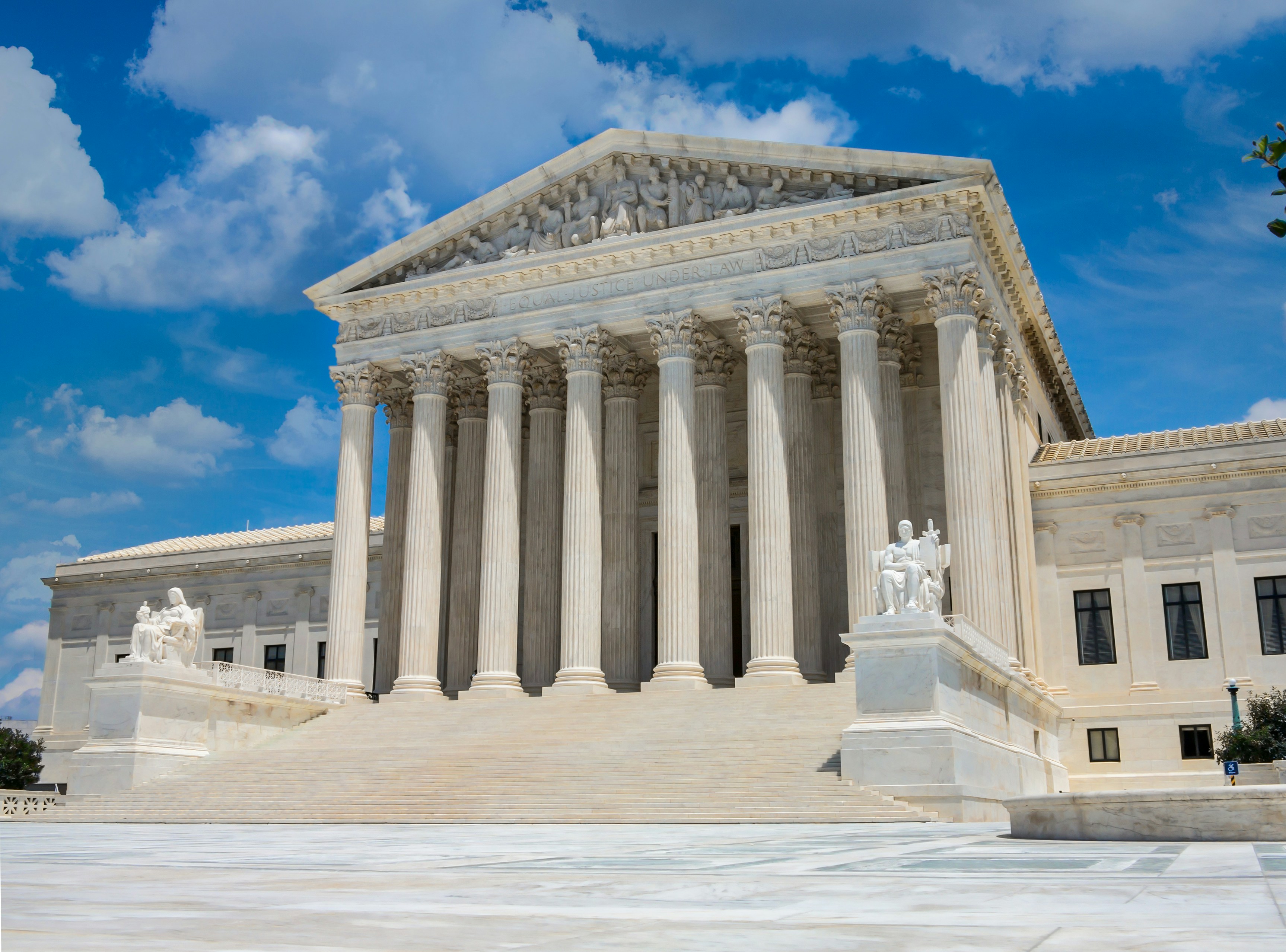The Texas Legislature has sent Governor Rick Perry a bill creating tax incentives aimed at encouraging companies to conduct research and development activities in Texas.
The bill, House Bill 800, by Representative Jim Murphy (R-Houston), passed the House on May 2, 2013 and was approved in the Senate on May 21, 2013. Governor Perry has 20 days to act on the bill, which would become effective on January 1, 2014 and sunset on December 31, 2026.
Proponents say that the bill is needed to keep Texas competitive for research and development projects, which attract large capital investments and high-wage job creation. Under the bill, taxpayers would have the option of taking either a sales tax exemption on certain purchases used in research and development or a tax credit under the franchise tax.
For sales tax purposes, the bill creates a new exemption applicable to purchases of depreciable tangible personal property directly used in qualified research by a taxpayer engaged in qualified research, as defined by Section 41 of the IRS Code, according to an examination of the legislation by the Dallas-based global tax services firm Ryan.
The firm also noted that, for franchise tax purposes, the bill creates a tax credit for qualified research and development expenditures in Texas. The franchise tax credit will be based on research expenses and/or partnerships with public or private higher education institutions for research, as defined by Section 41 of the IRS Code. According to Ryan, other key factors include:
- The general franchise tax credit will equal 5% of the difference between the research expenses and 50% of the average amount of research expenses incurred during the three tax periods preceding the report period. If the taxable entity has no research expenses in one or more of the three tax periods preceding the report period, the credit will equal 2.5% of qualified research expenses.
- For a taxpayer contracting with one or more public or private institutions of higher education to perform qualified research and has research expenses, the credit will equal 6.25% of the difference between the research expenses and 50% of the average amount of research expenses incurred during the three tax periods preceding the report period.
- If a taxpayer has no research expenses in one or more of the three tax periods preceding the report period, the credit will equal 3.125% of all qualified research expenses. It should be noted that the franchise tax credit is limited to 50% of the amount of franchise tax due before any other applicable tax credits and may be carried forward for not more than 20 consecutive reports.
To ensure accountability, the bill requires the Comptroller, along with an independent researcher from one of the Education Research Centers, to complete an evaluation of the effectiveness of exemption or tax credit that will be provided to legislators and the Governor. Taxpayers will be required to provide information necessary for the evaluation, which will remain confidential and not be subject to public disclosure.
The Ryan accountancy and tax firm is prepared to assist clients with the new tax law, if enacted.
Thanks for reading CPA Practice Advisor!
Subscribe Already registered? Log In
Need more information? Read the FAQs
Tags: Sales Tax



